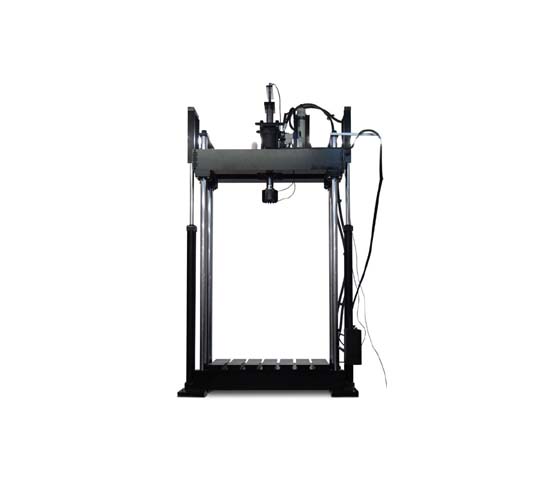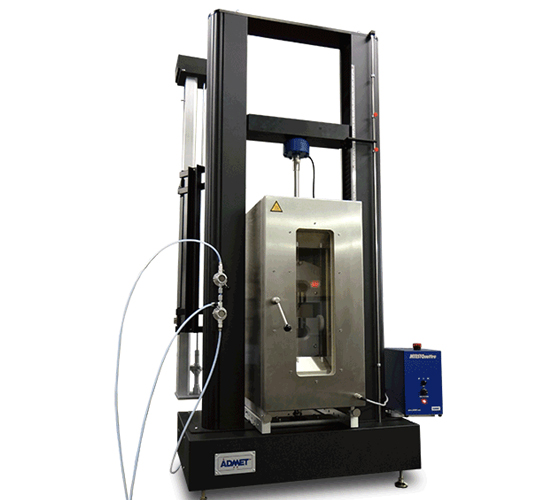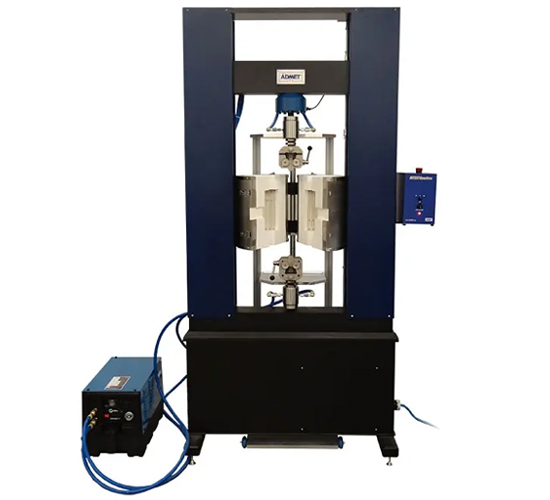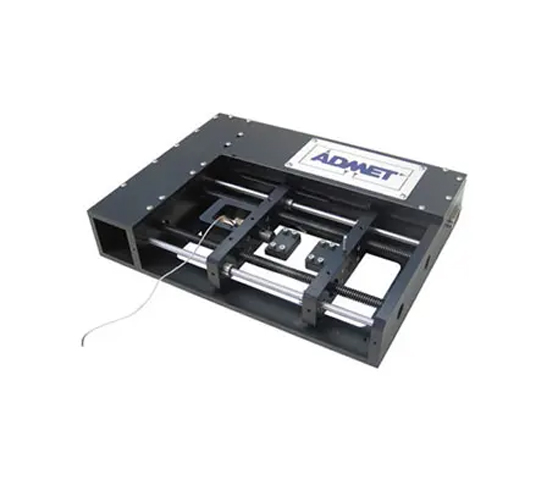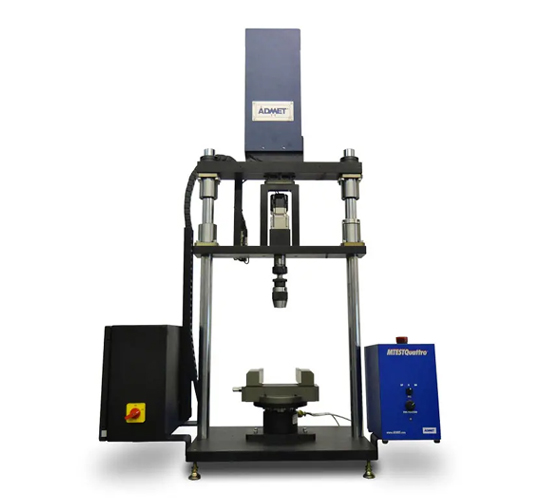Applications of the Inverted 600kN Fatigue System for Testing Large Composite Components
The Inverted 600kN Fatigue System is a high-capacity testing solution tailored to meet the demands of industries that rely on composite materials. Its advanced features and customizable design make it suitable for diverse testing scenarios.
Aerospace Industry
- Fatigue testing of composite wings, fuselage sections, and structural reinforcements to ensure compliance with performance and safety standards.
- Evaluating materials for unmanned aerial vehicles (UAVs) and spacecraft for extreme load conditions.
Automotive Industry
- Testing composite body panels, crash absorbers, and suspension components to analyze their fatigue life and durability under dynamic conditions.
- Assessing performance of lightweight composite materials for electric vehicles (EVs).
Wind Energy Sector
- Fatigue analysis of turbine blades, ensuring durability under cyclic loads caused by wind and operational stresses.
- Testing composite nacelle covers and support structures for enhanced reliability.
Construction and Infrastructure
- Evaluating bridge components, beams, and structural reinforcements made from advanced composites for long-term performance under variable loads.
- Testing prefabricated composite sections used in modular construction projects.
Marine Applications
- Fatigue testing of hull sections, propeller blades, and other structural components of ships and submarines made from composite materials.
- Ensuring performance of composites used in offshore wind farms and marine platforms.
Sports Equipment
- Analyzing the fatigue behavior of bicycle frames, golf shafts, and racquets made of composite materials for consistent performance.
- Ensuring safety and reliability of components in high-stress conditions.
Defense Industry
- Testing composite armor panels, vehicle reinforcements, and structural parts for resistance to repetitive stresses in battlefield scenarios.
- Fatigue analysis of drones and unmanned systems.
Research and Development
- Aiding material scientists in designing new composite materials with enhanced fatigue life and performance.
- Evaluating innovative hybrid composite structures for future applications.
Oil and Gas Industry
- Fatigue testing of pipes, risers, and other composite components used in oil exploration and transport to withstand extreme operational stresses.
- Ensuring the durability of composites in high-pressure and corrosive environments.
Railways
- Testing fatigue resistance of composite bogie frames, interior panels, and structural reinforcements for enhanced performance and safety.
Advantages for Applications
- Supports a wide range of composite shapes and sizes.
- Provides precise simulation of real-world conditions.
- Helps industries ensure product reliability, reduce failures, and maintain compliance with ASTM and ISO standards.
The Inverted 600kN Fatigue System is a versatile and essential tool for industries relying on composite materials to meet the demands of performance, durability, and safety.

